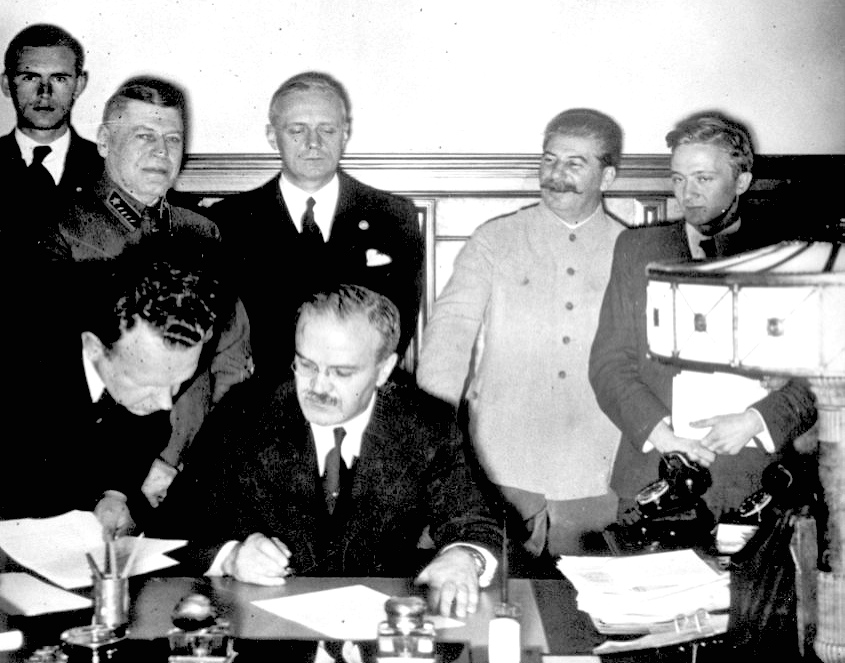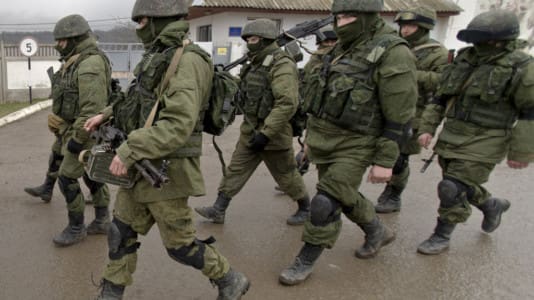It has been 84 years since the non-aggression pact between Germany and the Soviet Union was signed in Moscow. Dr. Paweł Kosiński, a historian from the Institute of National Remembrance (IPN), recalls that with the Molotov–Ribbentrop Pact, Hitler and Stalin aimed to dismantle the Second Polish Republic.
On Aug. 23, 1939, the document was signed by the Minister of Foreign Affairs of the Third Reich Joachim von Ribbentrop and the Chairman of the Council of People’s Commissars of the USSR Vyacheslav Molotov on behalf of their respective leaders, Hitler and Stalin.
Paweł Kosiński explains that the signing of the pact was motivated by both dictators’ desire to change the political relations that existed after World War I and to secure a favorable situation once the conflict began.
“This collaboration for Hitler was about eliminating Poland, an ally of the Western powers, which, despite attempts at closer ties by the Germans, did not opt for closer cooperation in (its) later expansion against the Soviet Union,” says the historian. And for Stalin, it was about delaying German aggression, which he expected, and having the opportunity to join the war at a more favorable moment.
The document had two parts: public and secret. The secret part laid out plans to partition Poland. “In general, it was a strange arrangement because it was a non-aggression pact between two countries that didn’t share a border. The secret protocol was of significant importance, where both partners, the German Reich and the Soviet Union, established zones of influence. This generally meant the partition of Poland, the Baltic states, and to some extent, Romania,” recalls Dr. Kosiński.
The IPN historian points out that even though the Molotov–Ribbentrop Pact’s section on partitioning zones of influence was secret, information about it reached Poland’s allies in France and Great Britain. However, representatives of these nations did not act loyally and did not disclose it to Polish authorities.
“What they wanted was for Poland not to give in to Hitler’s demands at the last minute and agree to them, thus trying to avoid aggression. In this situation, when everything pointed to the outbreak of war, both the French and the British wanted the first blow to fall not on France or Great Britain. Everyone wanted more time to prepare for war. That’s what not only politicians but also military officials were saying at the time,” the historian explains.
Neither France nor Great Britain benefitted from this stance because after the pact’s resolutions and the partition of Eastern Europe, Germany attacked France on May 10, 1940, which surrendered on June 22. Shortly after, on July 10, 1940, Germany attacked Great Britain but failed to gain aerial dominance.
World War II, however, continued for another five years and ended with the defeat of Nazi Germany. The Soviet Union took a leading position among the Allies after defeating Hitler’s forces. Under the agreements of Yalta in 1945, Poland was in the Soviet bloc until 1989. Its foreign and domestic policies were entirely subordinate to the interests of Moscow.






